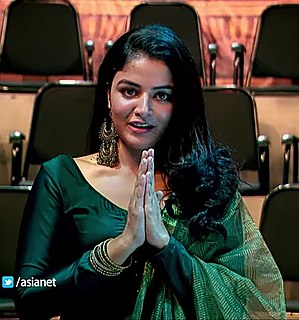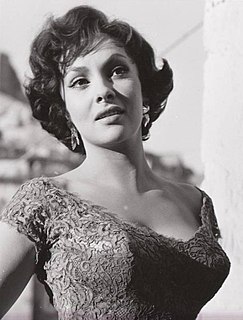A Quote by David Lynch
I don't really follow television so much, but in the old days there was a certain way TV was, and it wasn't really like cinema. I don't know how many ways it was different or the same, but it was not quite like cinema. Now, cinema can happen on television.
Related Quotes
I think what I loved in cinema - and what I mean by cinema is not just films, but proper, classical cinema - are the extraordinary moments that can occur on screen. At the same time, I do feel that cinema and theater feed each other. I feel like you can do close-up on stage and you can do something very bold and highly characterized - and, dare I say, theatrical - on camera. I think the cameras and the viewpoints shift depending on the intensity and integrity of your intention and focus on that.




































